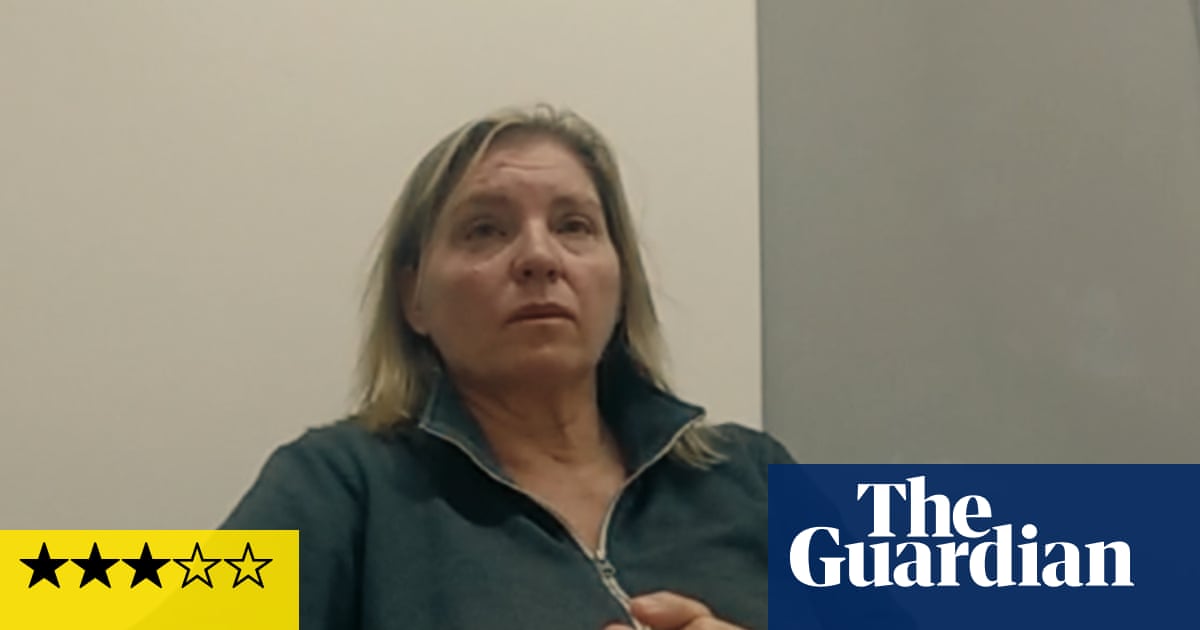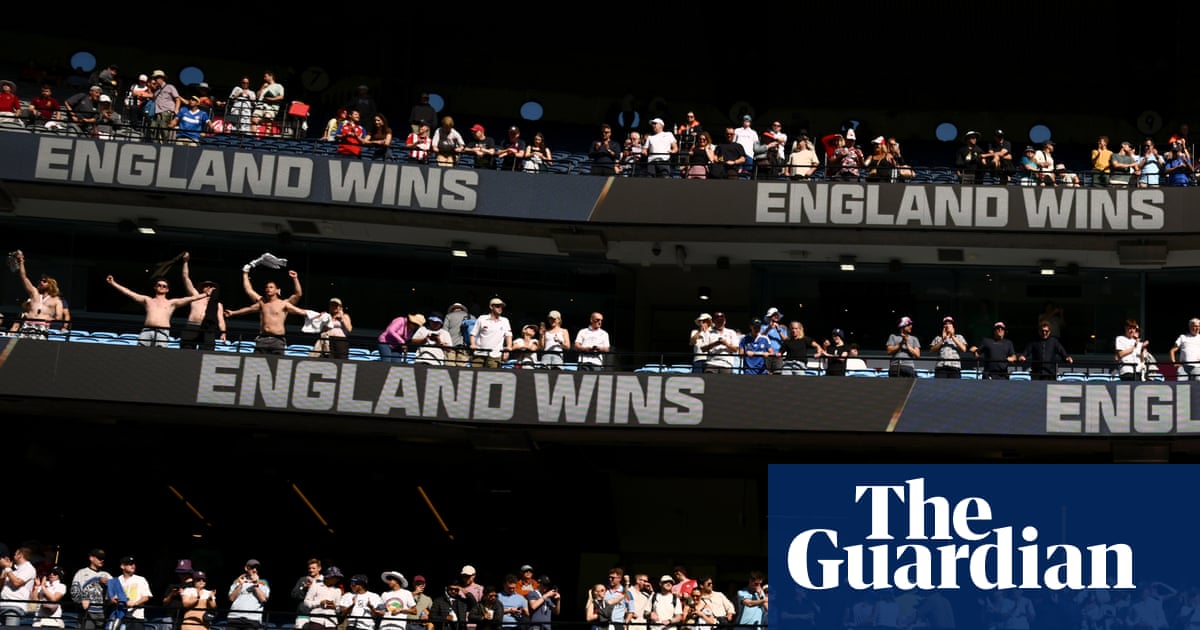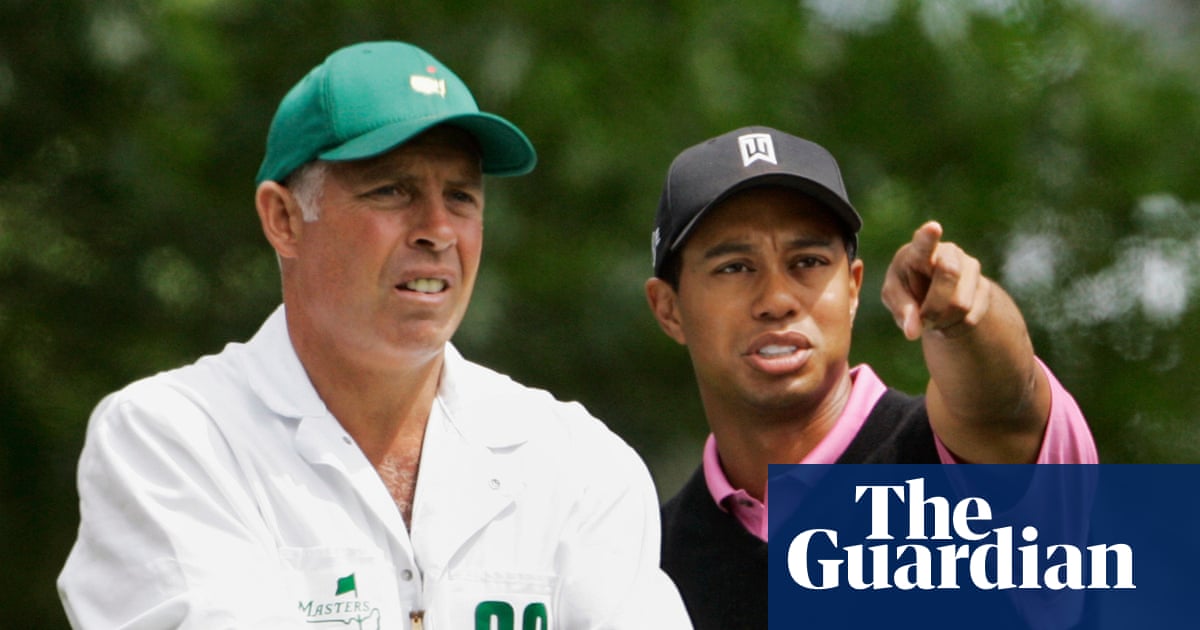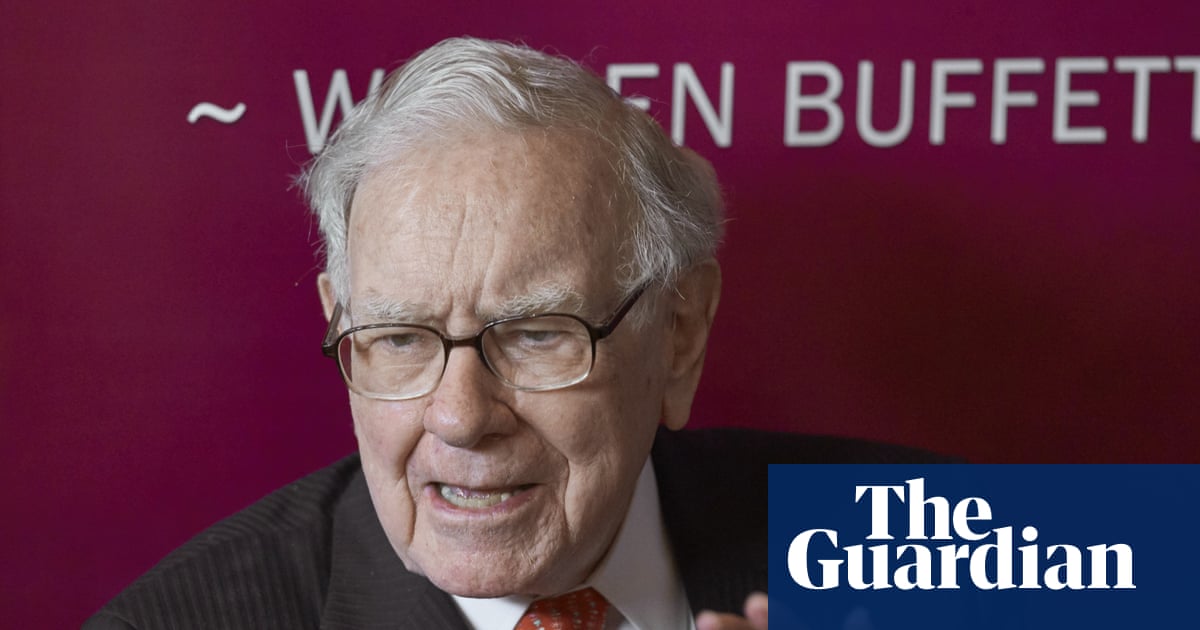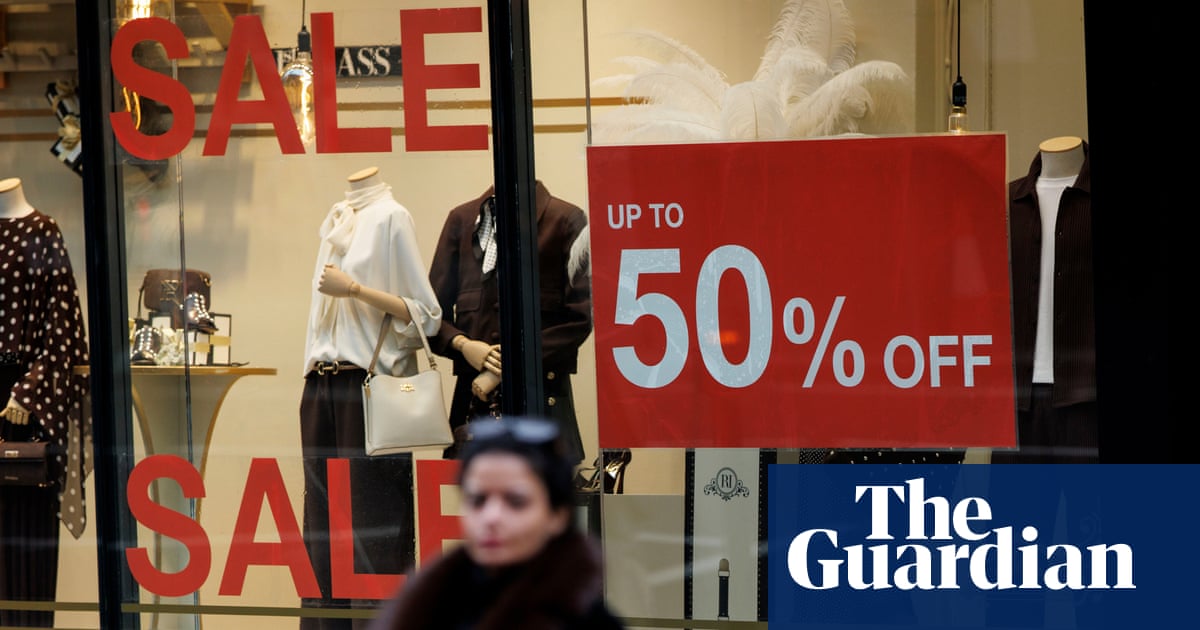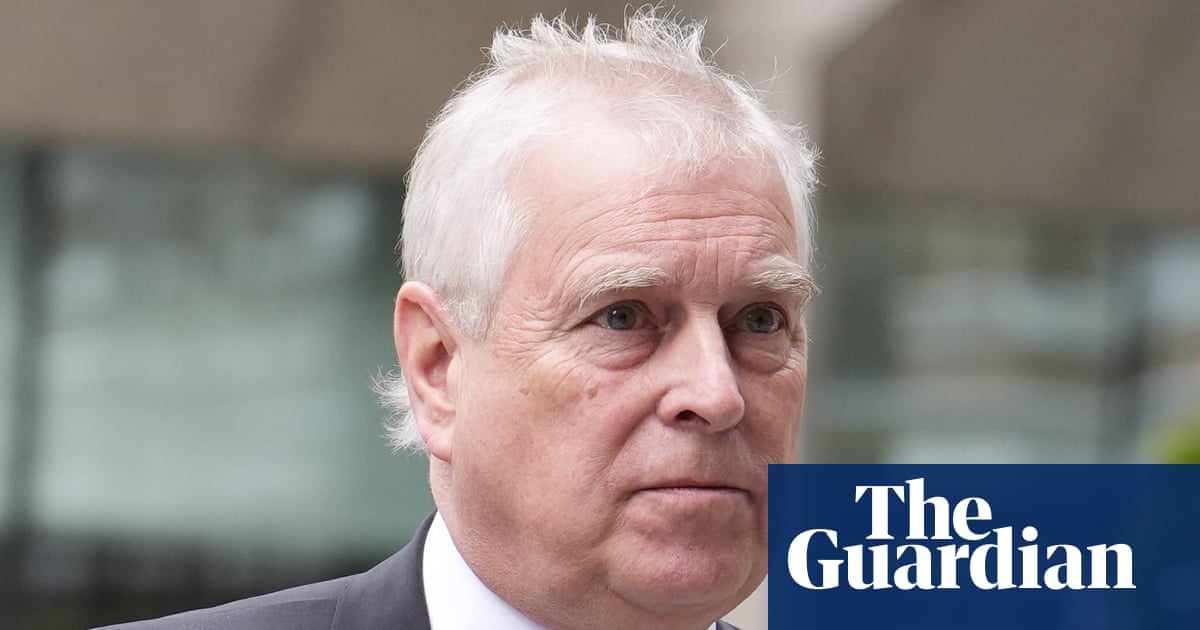Jannik Sinner has criticised the grand slam tournaments for failing to engage with repeated requests from the world’s top stars to discuss prize money and welfare benefits for lower-ranked players.
The Guardian has learned that detailed proposals from the world’s top 10 male and female players over alterations to prize money were rejected by the grand slam tournaments in August, while their request for a meeting to discuss their concerns at the US Open was also turned down.
However, the grand slam tournaments are understood to have told the players that they cannot hold substantive talks until a separate legal case brought by the Professional Tennis Players Association has been resolved. They also referenced ongoing negotiations over the tennis calendar and plans for a so-called Premium Tour.
Sinner expressed frustration at the refusal of grand slam tournaments to discuss welfare benefits in particular, as well as repeating the players’ call for greater prize money.
The players argue that the ratio of prize money to overall tournament income is too low at about 12% to 15% across the four grand slam tournaments, compared to 22% on the ATP and WTA tours, such as Indian Wells and the Italian Open, where male and female players earn the same prize money. At Wimbledon last year, the total prize pot of £50m was 12.3% of the Championships’ £406.5m revenue.
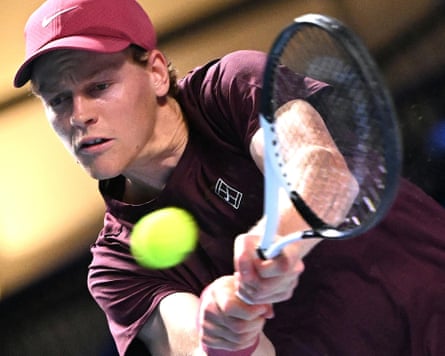
“We had good conversations with the grand slams at Roland Garros and Wimbledon, so it was disappointing when they said they cannot act on our proposals until other issues are resolved,” Sinner told the Guardian.
“Calendar and scheduling are important topics, but there is nothing stopping the slams from addressing player welfare benefits like pensions and healthcare right now.
“The grand slams are the biggest events and generate most of the revenue in tennis, so we are asking for a fair contribution to support all players, and for prize money that better reflects what these tournaments earn. We want to work together with the slams to find solutions that are good for everyone in tennis.”
The Guardian can also reveal details of the unsuccessful negotiations that did take place this summer, which has led to Sinner speaking out on behalf of his fellow professionals. Many of the ATP players who signed the letters, including Carlos Alcaraz who last month said that the players “are fighting to have something better” are expected to follow his lead at the Paris Masters this week.
The dispute began in March when the top 10 players on both the men’s and women’s tours sent a letter to all the grand slam tournaments demanding a greater share of the revenue at the four events. The letter also outlined frustration that the grand slams do not contribute towards player welfare benefits such as pensions, healthcare and maternity pay, whereas the ATP and WTA tours pay a combined $80m (£60m) each year. It also raised grievances over the major championships’ failure to consult on significant scheduling changes, such as Sunday starts at the Australian and US Opens, which were introduced in 2024 and 2025 respectively.
Initial talks between executives representing the grand slams and the players and their representative, Larry Scott, a former player who also served as chair and chief executive of the WTA, were held three days before the start of the French Open in May. The players were represented by Sinner, Casper Ruud and Alex de Minaur from the ATP tour, and Aryna Sabalenka, Coco Gauff and Madison Keys from the WTA.
Further meetings took place between Scott and the chief executives of the grand slam tournaments at Wimbledon in July, when the players were represented by Alexander Zverev and Belinda Bencic. Although cordial, there is understood to have been some frustration from the players at the refusal of the grand slams to share financial details they requested.
The ATP and WTA tours are also understood to be unhappy at what they regard as a lack of transparency and open communication from the grand slams, despite a longstanding arrangement to cooperate over prize money.
Both Wimbledon and the US Open share purse information with the ATP and WTA Tour executive teams before it is made public, including a breakdown of prize money per round for singles, doubles and qualifying tournaments, but are given no say over the total amount. In previous years, the tours have been asked for input regarding prize money allocations by round and are usually given around 48 hours to respond before the total prize money for each round of the competition is publicly announced.
Wimbledon announced a 7% increase in prize money this year for a total a prize-money pool of £53m, but most of the uplift went to the four semi-finalists in the men’s and women’s singles, with the winners – Sinner and the women’s champion, Iga Swiatek – both receiving £3m. The increase for the rest of the main draw was 5% at a time when the UK inflation rate was 3.5% however, so the pay rise in real terms was limited.
after newsletter promotion
The WTA Players’ Council is understood to have sent a counterproposal to the All England Club saying the prize allocation was too top-heavy and suggesting more money be given to players knocked out before the last 16, but it was rejected. A similar dialogue took place with the US Tennis Federation in August before the US Open, which offered the biggest purse in tennis history at £63.8m, with the same outcome.
Last month, Gauff said of prize money breakdown at the grand slam tournaments: “I think it’s important for the whole ecosystem of the sport. We’re not talking about just raising the prize money for the champion, but trickling all the way down to qualies.
“We kind of want them [the grand slam championships] to invest more in the tour as a whole, not only when it comes to prize money, but the wellbeing of players and just trickling that down, all the way down to the lower-ranked players as well. Our 200th best player, 300th best player are struggling to make ends meet.”
Detailed proposals from the players for revised prize money were submitted to grand slam tournaments in August.
The absence of a firm response disappointed players to such an extent that a second letter demanding change was sent the same month, which was also signed by the British No 1 Jack Draper, who was not in the world’s top 10 earlier in the year.
The increasingly acrimonious dispute over prize money, pensions and healthcare benefits and a lack of consultation over the calendar has dominated the tennis season.
A delegation of top players, including Sinner and Gauff, were involved in discussions with tournament executives at the French Open and Wimbledon this year. The players submitted proposals following those meetings as to how they could move forward in partnership with the grand slam events, who responded by citing the ongoing PTPA litigation as an obstacle to holding negotiations.
The PTPA, which was set up by Novak Djokovic four years ago, filed an antitrust lawsuit against the ATP Tour, the WTA Tour and the International Tennis Federation in March, accusing them of suppressing competition, manipulating prize money and imposing a restrictive ranking system on the players. Djokovic is a conspicuous absentee from the alliance of top players who have signed the letters sent to the grand slam tournaments.

 2 months ago
60
2 months ago
60
